
The revised labeling will warn that patients younger than 6 years taking these medications are at greater risk of weight loss.

The revised labeling will warn that patients younger than 6 years taking these medications are at greater risk of weight loss.

A look back at the FDA submissions and regulatory decisions in the pediatric health care space from June 2025.

The updated labeling includes a new contraindication for patients with prior or active hepatic events.

MNV-201 is being evaluated in phase 2 clinical trials for treatment of the ultra-rare, life-threatening mitochondrial disorder affecting children.

The total number of pediatric mental health hospitalizations declined in 2022, the first time observed since 2009.

Get caught up with Contemporary Pediatrics! This list helps you navigate our top stories from the week, all in one place.

Roflumilast cream 0.05% is being studied for mild to moderate AD in infants aged 3 months to under 2 years in a new phase 2 trial.
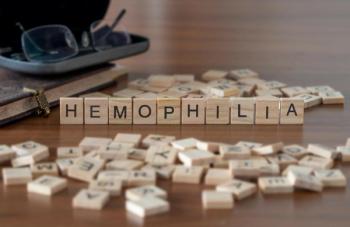
New phase 3 data support marstacimab’s efficacy and safety in treating hemophilia A or B with inhibitors, expanding its potential use.
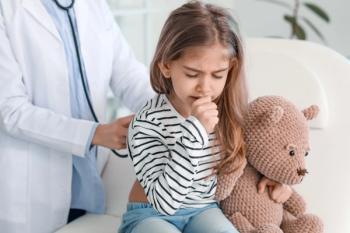
Mycoplasma pneumoniae caused 1 in 2 pediatric pneumonia hospitalizations in 2024, with sharp increases seen across all age groups, according to a recent CDC MMWR report.
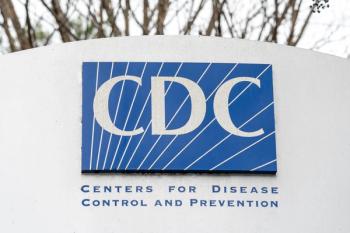
The final recommendation sign off decision will go to HHS secretary Robert F. Kennedy Jr.

Lebrikizumab demonstrated efficacy and safety in patients with skin of color and moderate to severe atopic dermatitis in the ADmirable trial. Trial investigator Andrew Alexis, MD, MPH, reacts.

The American Academy of Pediatrics will continue to hold its own childhood vaccine schedule, as it has since the 1930s.
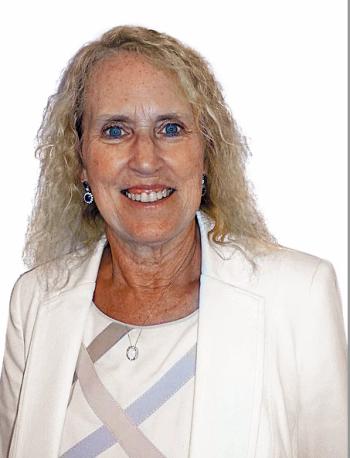
Donna Hallas, PhD, PPCNP-BC, CPNP, PMHS, FAANP, FAAN, shares her thoughts on how PNPs can implement evidence-based strategies to encourage parents to vaccinate their children.

Silver diamine fluoride and atraumatic restorative treatment stopped most cavities in NYC children, showing school-based care can reduce decay.
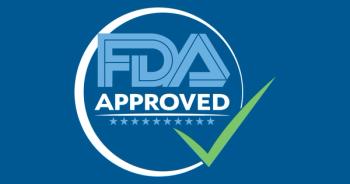
The FDA has approved belimumab (Benlysta; GSK) autoinjector for children with lupus nephritis, expanding at-home treatment.

Frequent exposure to cannabis and e-cigarette posts on social media is linked to increased teen cannabis and dual substance use, according to a study published in JAMA.

AAP updates clinical guidance to help pediatricians navigate genetic evaluation of children with global developmental delay or intellectual disability.
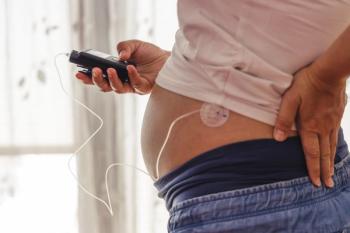
A 40-year study found that higher third-trimester glucose levels in insulin-dependent pregnancies were tied to increased obesity risk in adult offspring.
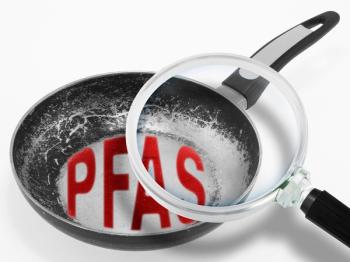
Prenatal PFAS exposure was linked to higher adolescent blood pressure according to a recent study.

Get caught up with Contemporary Pediatrics! This list helps you navigate our top stories from the week, all in one place.

The FDA has extended the review of ruxolitinib for atopic dermatitis in children 2 to 11 years to September 2025 to evaluate new CMC data.

Pediatric dermatologist John Browning, MD, offers practical sun safety tips and guidance for selecting sunscreens, emphasizing the importance of choosing formulations that work for sensitive skin.

Caffeine may protect infants from SIDS by reducing oxygen drops, offering a potential new tool alongside safe sleep practices, a recent study suggests.

Octavio Ramilo, MD, joins us once again to discuss potential benefits of RSV vaccination beyond disease prevention and to explain how to speak with patients about vaccines and uptake.

In this video interview, Michael Daines, MD, explains phase 3 data for Panzyga (Octapharma) for pediatric acute- onset neuropsychiatric syndrome (PANS).

John Browning, MD, highlights why pediatricians should feel comfortable prescribing recent nonsteroidal medications and what questions to ask patients in the office.

The patient described the headache as “pressure-like,” episodes that occurred for 1 to 2 hours with high severity.

Lenacapavir is the first twice-yearly option available in the US for those who need or want PrEP, according to Gilead Sciences.

Currently, omaveloxolone (Skyclarys) is approved to treat adults and adolescents aged 16 years and older impacted by FA.

The American Academy of Pediatrics urges clinicians to offer confidential, adolescent-centered contraceptive care using evidence-based, equity-informed approaches.